5 Iconic 1980s Cars That Revolutionized Automotive History
Introduction
The 1980s marked a transformative era in the automotive industry, bringing forth innovative designs, groundbreaking technologies, and a new breed of iconic vehicles that captured the hearts of enthusiasts and everyday drivers alike. This decade was not only notable for its advances but also for its cultural impact, with cars becoming symbols of freedom, prestige, and rebellion. Below are five iconic 1980s cars that left an indelible mark on automotive history.
The 1980s Top Car Models
The 1980s reshaped the automotive landscape, bringing forth vehicles that evolved beyond simple transportation. This decade transformed cars into:
- Experiences
- Aspirations
- Statements
Innovative Engineering Meets Captivating Design
During the 1980s, vehicles combined innovative engineering with captivating designs, resonating deeply with both:
- Enthusiasts
- Casual drivers
With advances like turbocharging and aerodynamic profiles, cars were evolving rapidly, reflecting the spirit of the times.
Cultural Icons of the 80s
Simultaneously, these vehicles became cultural icons, showcasing their influence in various forms of media:
- Blockbuster films: Cars flying off screens.
- Magazine covers: Shining brightly in print.
- Advertisements: Celebrating symbols of freedom and rebellion.
Icons of the Decade
The era's cars, like the:
- Lamborghini Countach: A symbol of extravagant dreams.
- Toyota Corolla AE86: A testament to affordability and reliability.
These vehicles didn't merely transport; they inspired dreams and lifestyles, cementing themselves in the hearts of a generation.
A Part of Our Identity
Whether you were cruising down a highway or catching sight of your favorite model in an action movie, the 1980s were a transformative time. Cars became more than machines; they became integral to our identities.
1. Lamborghini Countach: The Pinnacle of Supercars
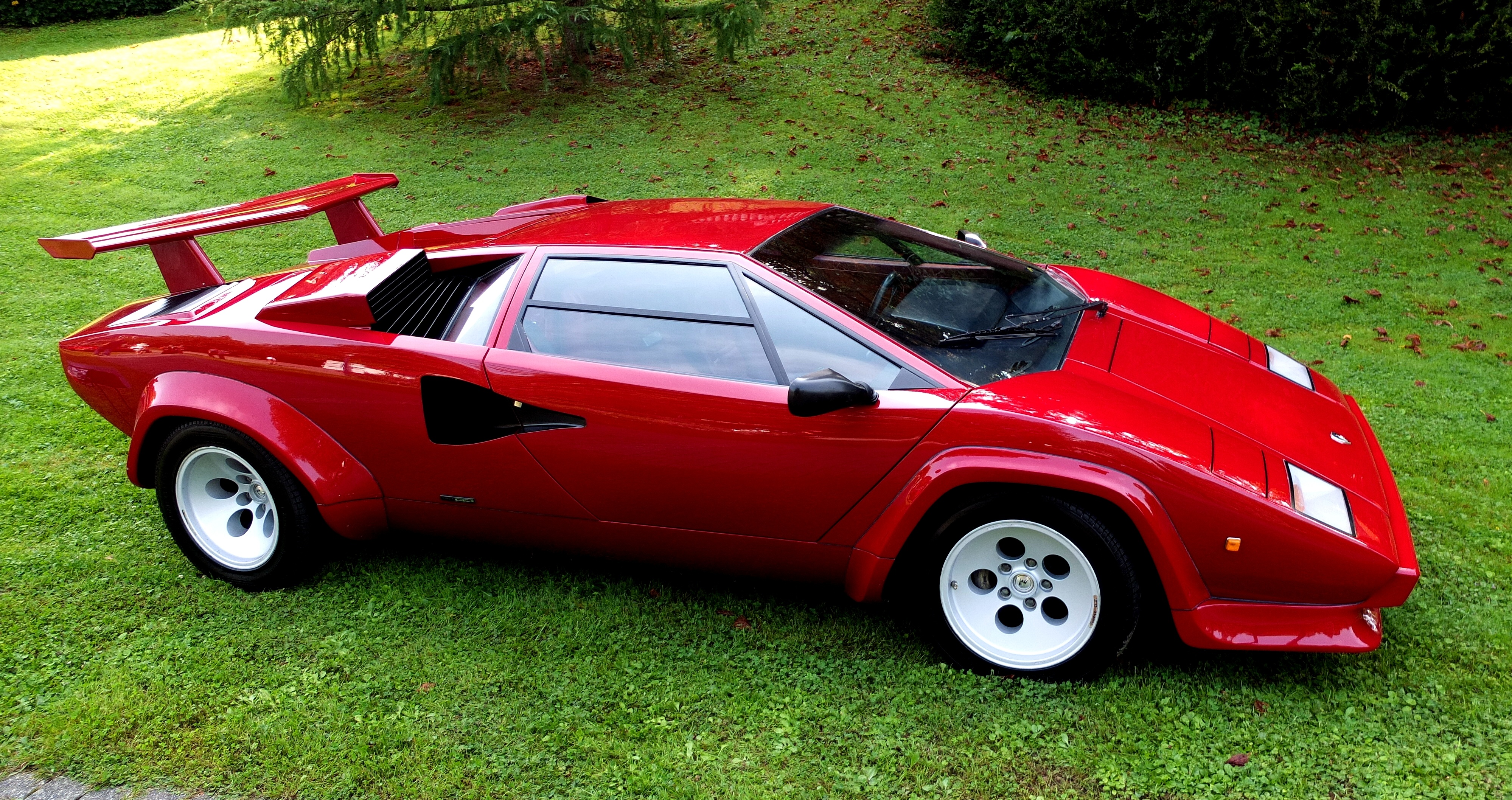
The Lamborghini Countach burst onto the automotive scene in the mid-1970s but truly defined the 1980s with its wild design and unapologetic performance. With its iconic scissor doors and sharp, angular lines, it redefined what a supercar could look like. The Countach was more than just a car; it was a statement. It screamed speed and luxury, making even the most mundane trip feel like an adventure. Car designers, inspired by its radical aesthetic, began to experiment more boldly with forms and silhouettes, straying from the rounder, softer designs of previous decades.
Under the hood, the Countach is powered by a thundering V12 engine that casually spits out around 500 horsepower. This beast could leap from 0 to 60 mph in just over 4 seconds, setting a new benchmark for performance that had car enthusiasts in a frenzy. It wasn’t just a quick car; it was a technical marvel of its time, incorporating innovations like the vertical doors and a lightweight chassis, both of which are now standard in modern supercars.
The Countach wasn't just a car; it became a pop culture phenomenon. Regular appearances in movies such as The Cannonball Run and various music videos ensured that the Countach was engrained in the cultural zeitgeist of the era. For many, it symbolized the ultimate dream car, a status defined not just by its performance but also by its sheer presence on the road. Celebrities and car collectors fought to have one in their garage, making it a lust object of the 1980s. This legend not only elevated the supercar category but also carved a space in history that continues to influence automotive design and desire today.
Cultural Impact
The 1980s was a pivotal decade for automotive history, producing cars that not only revolutionized engineering but also became cultural icons. Below are five iconic models from that era, along with their price ranges and where to buy them.
Price Range:
The Lamborghini Countach is highly sought after, with prices typically ranging from $250,000 to $550,000. For pristine models, especially the first-generation and 25th-anniversary variants, prices can exceed $1 million or more in the current market.
Where to Buy:
- Luxury Car Dealerships: Many high-end dealerships specialize in classic supercars.
- Auction Houses: Notable auction events often feature rare models.
- Online Marketplaces: Websites dedicated to exotic cars frequently list available Countach models.
Looking for more budget-friendly options? Check out our guide to the best affordable classic cars of the 1980s.
2. Ferrari F40: Enzo’s Legacy
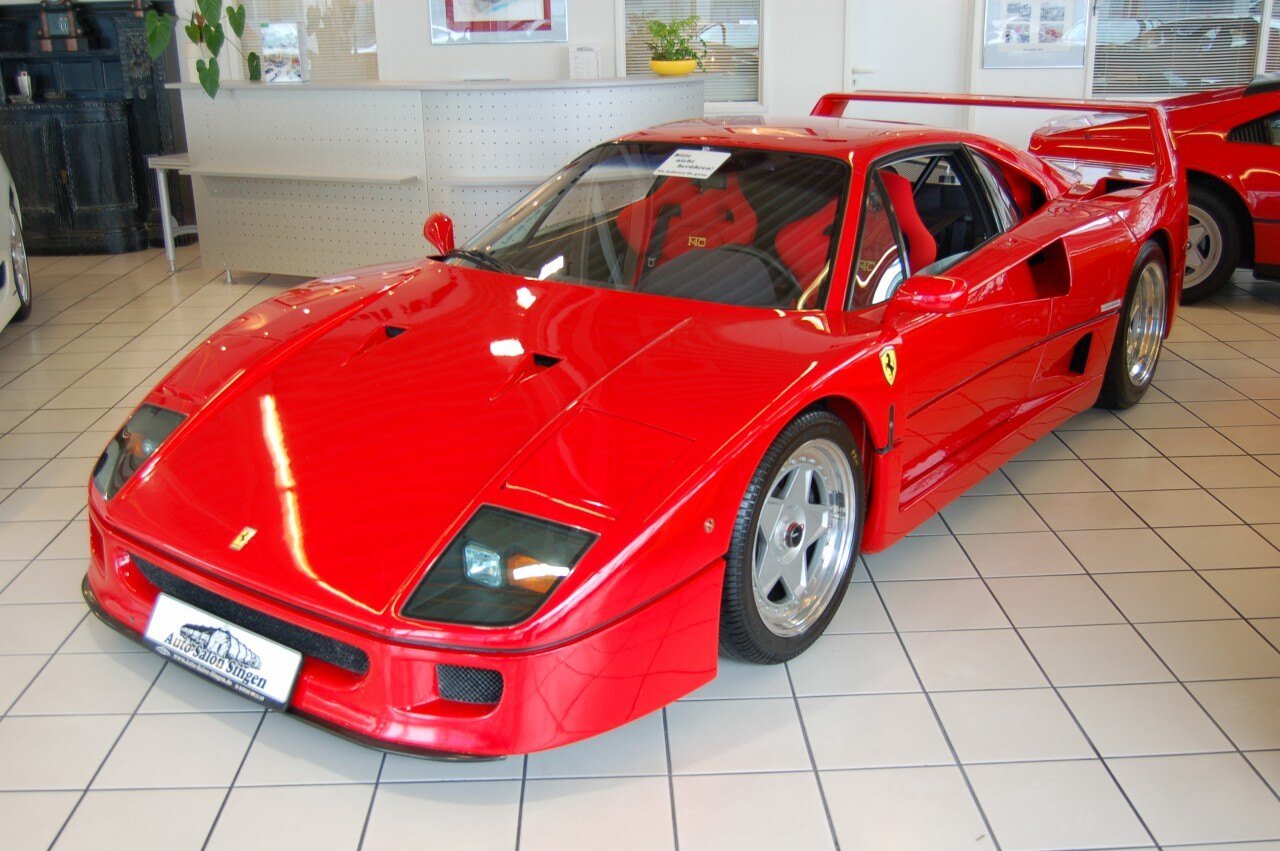
When you think of the Ferrari F40, it’s hard not to envision a pure, unadulterated expression of performance. Launched in 1987, the F40 was Enzo Ferrari's final send-off—a car designed to celebrate his legacy while pushing the limits of automotive engineering.
A Design with Purpose
- Minimalist Philosophy: The F40’s design philosophy is centered around function over form, stripping away any unnecessary fluff.
- Silhouette of Speed: Its aggressive and sleek appearance showcases a shape that screams speed.
- Lightweight Construction: Made from composite materials, the F40 weighs in at around 2,400 pounds, which is a critical factor in its blistering performance.
This combination of features—wide body, prominent rear wing, and unmistakable pop-up headlights—creates a car that is not just a vehicle, but a statement.
Performance and Engineering Excellence
Under the hood, the F40 boasts an impressive twin-turbo V8 engine, delivering an astonishing 471 horsepower. Here are some highlights of its performance:
- Acceleration: The F40 catapults from 0 to 60 mph in less than four seconds—a remarkable achievement that still impresses today.
- Race-Inspired Chassis: With rear-wheel drive and a chassis designed for the track, the F40’s engineering wouldn’t look out of place in a racing environment.
Racing enthusiasts and speed seekers alike recognized the F40 as a serious contender, elevating Ferrari’s reputation in the performance car market to new heights.
Cultural Impact and Legacy
Enzo's vision for the F40 was steeped in passion and racing heritage. As the last model to bear his direct involvement, the F40 serves as a bridge between Ferrari's storied racing history and its road-going innovations.
Whether you're considering an investment in one of these iconic vehicles or have already found your dream car, importing your classic car is made simple with our comprehensive door-to-door service.
A Cultural Icon
- Media Presence: The F40's allure extended beyond the racetrack; it made appearances in numerous films, music videos, and video games.
- Symbol of the Era: It became a cultural icon of the late 1980s, representing the speed obsession of that time.
The Ferrari F40 is more than just a remarkable car; it is a symbol of the era and a coveted piece of automotive art that enthusiasts dream of having in their garages.
Price Range:
The Ferrari F40 commands a premium price, currently ranging from $1.5 million to $3.5 million depending on condition and mileage.
Where to Buy:
- Ferrari Dealerships: Authorized dealers often have classic models or can assist in finding one.
- Specialty Auctions: High-profile auctions frequently feature F40s due to their desirability.
- Collector Car Websites: Online platforms focused on collector vehicles regularly list available F40s.
3. Toyota Corolla AE86: The Drifter's Dream

Overview and Design
The Toyota Corolla AE86, affectionately known as the "Hachiroku" (Japanese for 86), is a milestone in the world of compact cars.
- Launch Year: 1983
- Affordability: Offers a budget-friendly option without sacrificing sportiness.
- Design:
- Boxy shape
- Simple lines
- Unpretentious vibe
Lightweight and nimble, the AE86 was designed for enthusiasts who craved driving pleasure over luxury, making it approachable and relatable to a wide range of drivers.
Performance and Drift Culture
What truly set the AE86 apart was its rear-wheel-drive configuration combined with a balanced chassis. This setup made it a natural for drifting—an art form that was just starting to gain traction in Japan.
- Engine Specs:
- Type: High-revving 1.6-liter inline-four
- Power: Just enough to keep things fun without overwhelming the driver.
The AE86 quickly became the go-to car for dorifuto (drifting) enthusiasts, perfectly encapsulating the spirit of grassroots motorsport.
Cultural Significance
The AE86's rise in popularity was immortalized in the Initial D manga, bringing drifting culture to the forefront and inspiring countless fans.
Cultural Impact
The AE86 emerged as a symbol of the tuning and modification movements in the late 1980s:
- DIY Spirit: It encouraged a generation of young racers to take matters into their own hands.
- Cult Following: It has captured the hearts of gearheads and collectors over the years.
- Legacy: Even today, its influence can be seen in the design and spirit of modern sports cars.
The AE86 stands as a testament to how a simple yet ingenious car can carve out a legacy, bridging the gap between casual driving and competitive motorsport.
Price Range:
The Toyota Corolla AE86 is more affordable compared to the supercars above, with prices generally ranging from $10,000 to $30,000, depending on condition and modifications.
Where to Buy:
- Used Car Dealerships: Many local dealerships may have older models available.
- Online Classifieds: Websites like Craigslist or Facebook Marketplace often list AE86s for sale.
- Car Enthusiast Forums: Dedicated forums for Toyota enthusiasts can be a good resource for finding listings.
4. Ford Fox Body Mustang: American Muscle Reimagined

Overview and Design
The Ford Fox Body Mustang emerged in 1979 and quickly became a hit throughout the 1980s. With its sleek lines and aggressive stance, it retained the classic Mustang identity while evolving into something modern and fresh. The design was versatile enough to accommodate various body styles, from the hardtop to the convertible, and it laid the groundwork for performance variants like the Mustang GT and Mustang Cobra. The iconic pony emblem was still there, but the Fox Body marked a departure towards a more refined aesthetic, showcasing an era where muscle was not just about power, but also style.
Performance and Appeal
Under the hood, the Fox Body Mustang delivered a smorgasbord of options. From the robust 5.0L V8 engines that breathed life into the GT models to the turbocharged I4 found in the earlier variants, there was something for everyone. Its lightweight design made it spirited and nimble, allowing it to hold its own on the streets and racetracks. Affordability remained a key selling point, making the Mustang accessible to a broad audience—perfect for new drivers and seasoned enthusiasts alike. The Fox Body was more than just a muscle car; it was a platform for personal expression, encouraging countless modifications.
Cultural Impact
The Fox Body Mustang quickly entrenched itself in American car culture, embodying the spirit of rebellion and freedom. It became a staple at car meets, drag strips, and midnight cruises, mirroring the ethos of the era’s youthful exuberance. Hollywood took notice, featuring the Mustang in films and TV shows that celebrated speed and style. Its influence even trickled down to the modern muscle cars we see today—the Mustang's legacy lives on, reminding us that true icons never fade. Whether through nostalgia or performance tweaks, the Fox Body remains a beloved part of automotive history, representing a pivotal moment where American muscle was redefined for a new generation.
Price Range:
Prices for the Ford Fox Body Mustang vary widely based on condition and modifications, typically ranging from $5,000 to $30,000 for well-maintained models.
Where to Buy:
- Classic Car Dealerships: Many specialize in American muscle cars.
- Online Auctions: Websites like Bring a Trailer often feature Fox Body Mustangs.
- Local Car Shows: Networking at car shows can lead to private sales.
5. Chevrolet Corvette C4: The Tech-Savvy Sportscar

Overview and Design
The C4 Corvette emerged in the mid-1980s, showcasing a distinctly modern look that set it apart from its predecessors. Its sleek lines and aggressive stance captured the essence of the era's design trends. Gone were the rounded edges of earlier models; the C4 embraced sharp angles and a lower profile, signaling a new direction for Chevrolet’s flagship sports car. One of the standout features was its digital dashboard, a bold leap into the future that not only enhanced the driving experience but also made a statement about the Corvette's advanced engineering.
Performance and Engineering
Under the hood, the C4 Corvette was no slouch. The introduction of the Corvette ZR-1 in 1990 marked a high point in American automotive performance. With its 375-horsepower, naturally aspirated V8 engine, the ZR-1 could sprint from 0 to 60 mph in a blistering 4.4 seconds. This edition was often dubbed "America’s supercar," a title it wore proudly thanks to its innovative engineering, which included an independent rear suspension and advanced aerodynamics. The result? A sharp, agile ride that put the Corvette on par with some of the world’s best sports cars.
Cultural Impact
The C4 Corvette didn't just dominate the pavement; it also left a mark in pop culture. Featured in movies and television shows, from the action-packed streets of Miami Vice to the classic automotive commercials of the day, the Corvette became an enduring symbol of American freedom and style. Enthusiasts and industry critics alike praised the C4 in publications like MotorTrend and Car and Driver, further solidifying its reputation as an iconic sports car. The C4's blend of technological innovation and performance excellence undoubtedly redefined what a Corvette could be, leaving a legacy that still resonates with car lovers today.
Chevrolet Corvette C4: The Tech-Savvy Sportscar
Price Range:
The Chevrolet Corvette C4 is generally priced between $10,000 and $25,000, depending on the model year and condition.
Where to Buy:
- Chevrolet Dealerships: Some dealerships may have used C4 Corvettes in stock.
- Specialty Corvette Dealers: Certain dealers focus exclusively on Corvettes.
- Online Marketplaces: Platforms such as eBay Motors frequently list C4 models for sale.
These iconic cars not only defined the automotive landscape of the 1980s but continue to influence car culture today. Whether you're looking for a supercar or an affordable classic, the legacy of these vehicles remains strong in the market.
Conclusion
The 1980s revolutionized the automotive world with cars that didn't just move us from point A to B; they defined an era.
Iconic Models
Some of the iconic models from this decade include:
- Lamborghini Countach
- Ferrari F40
- Toyota Corolla AE86
- Ford Fox Body Mustang
- Chevrolet Corvette C4
These vehicles not only showcased technological advancements but also became ingrained in the cultural fabric of the time. They influenced not just what we drove, but also how we viewed cars—symbols of freedom, power, and individuality.
Lasting Impact
As we look back, it's clear that these vehicles laid the groundwork for modern automotive design and performance. They:
- Inspired a sense of nostalgia,
- Evoked a passion for driving that many still embrace today.
Embracing the Spirit
Whether you're a die-hard car enthusiast or simply someone who appreciates a good ride, understanding these iconic models helps us recognize:
- The ingenuity of the era,
- The spirit of the 1980s.
This decade continually reminds us of the thrill of the open road.
International Classic Car Shipping
Whether you're ready to import your classic car or still exploring options, these vehicles represent the best of what the 1980s had to offer. For those seeking more affordable alternatives from this golden era, don't miss our guide to budget-friendly 1980s classics.
You May Also Like
These Related Stories
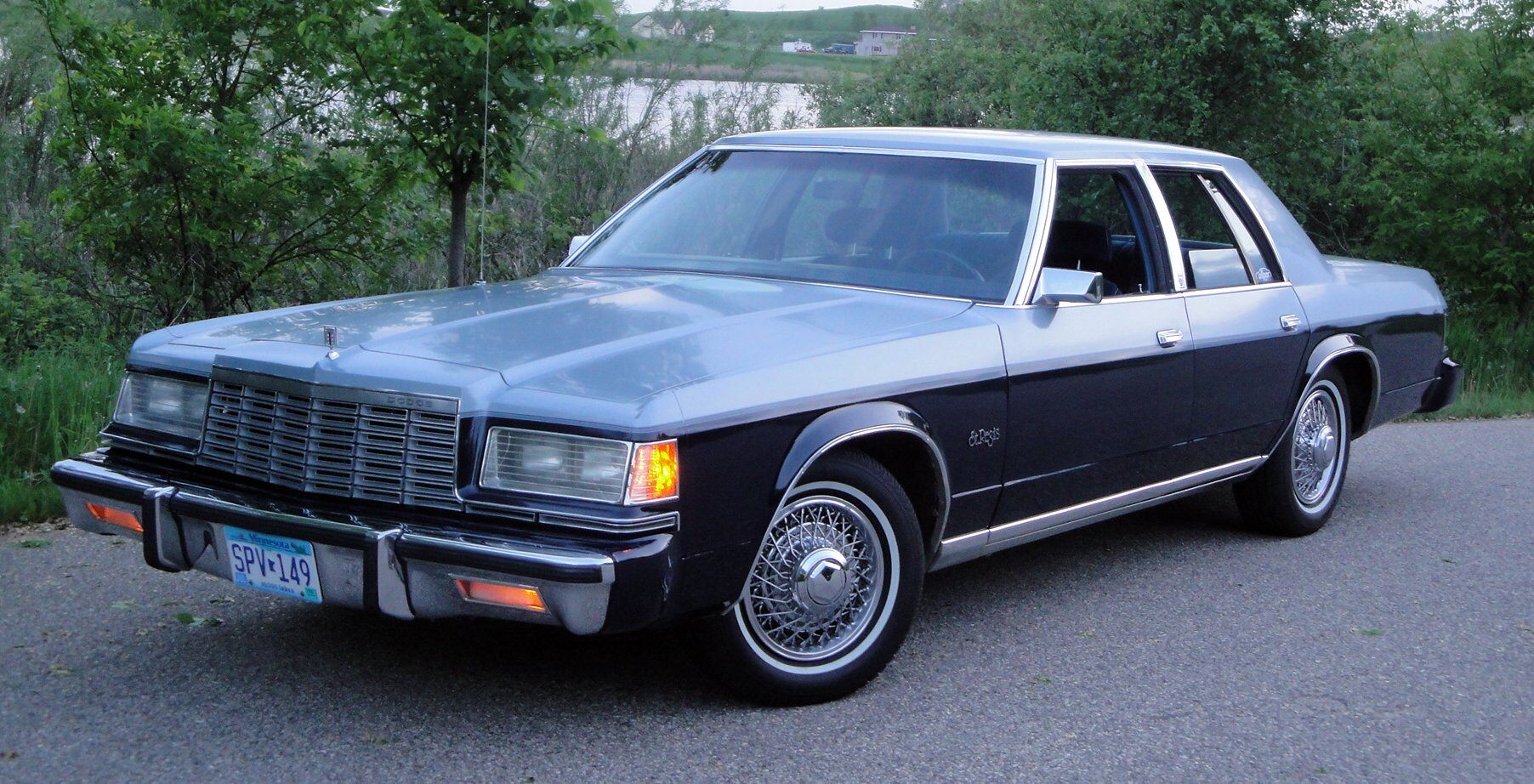
Best Affordable Classic Cars of the 1980s
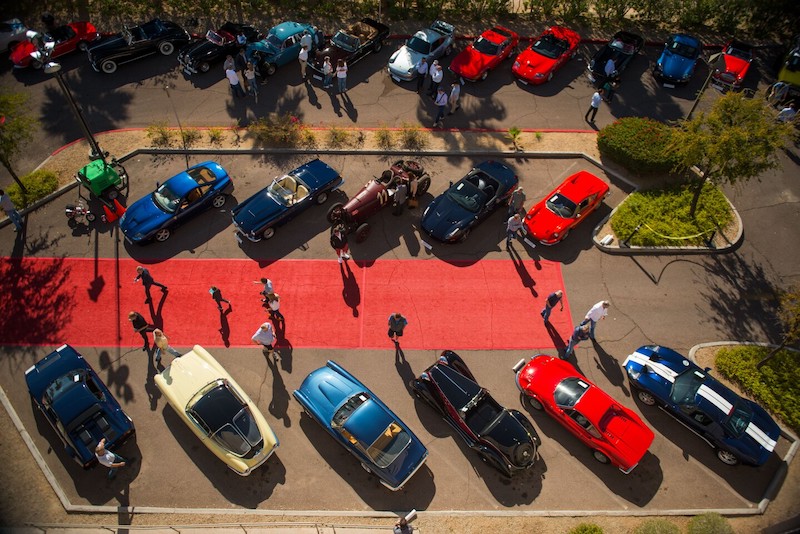
Top 10 Collector Car Auctions In The USA
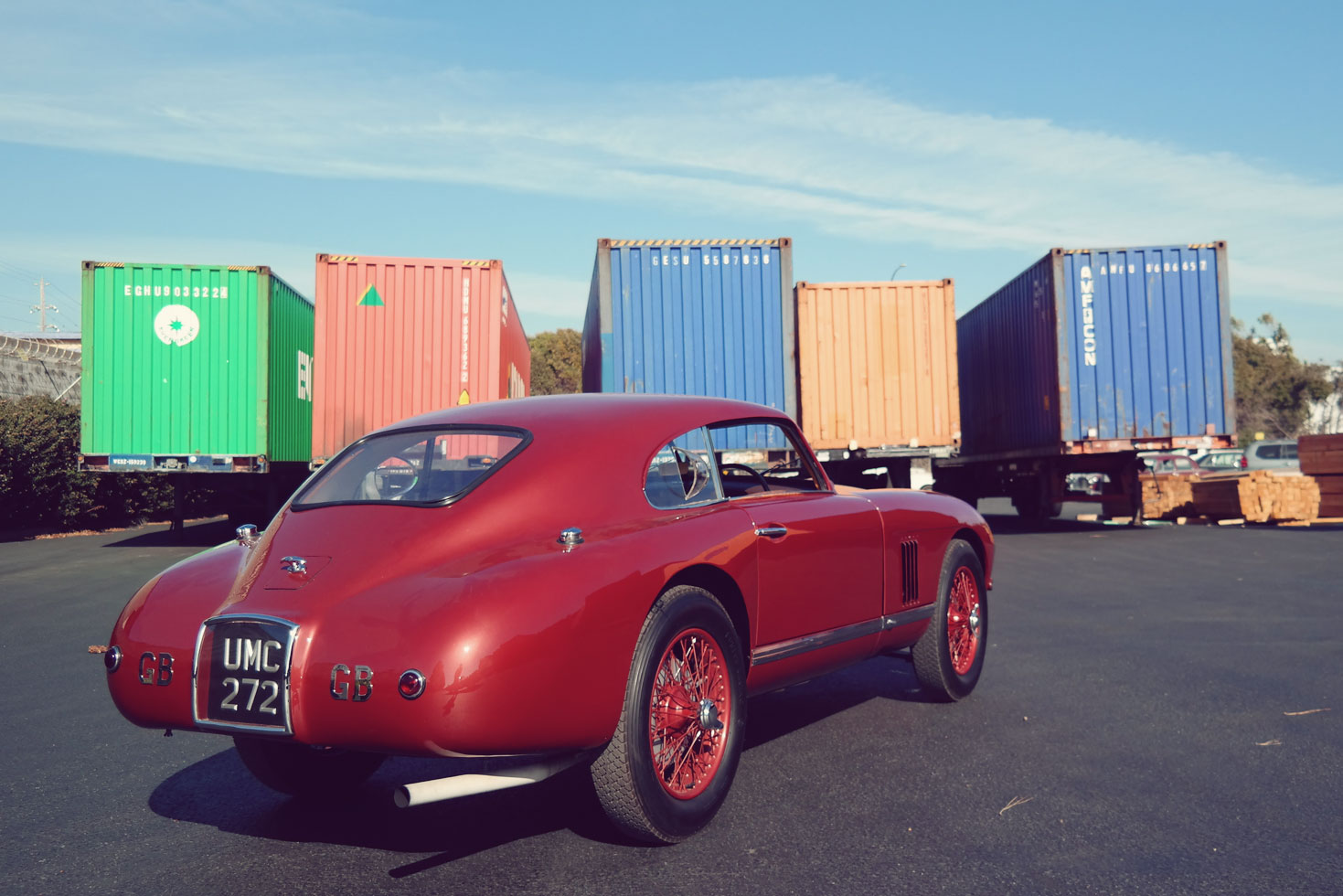
-093789-edited.png?width=220&height=79&name=wcs_final_logo_(1)-093789-edited.png)
